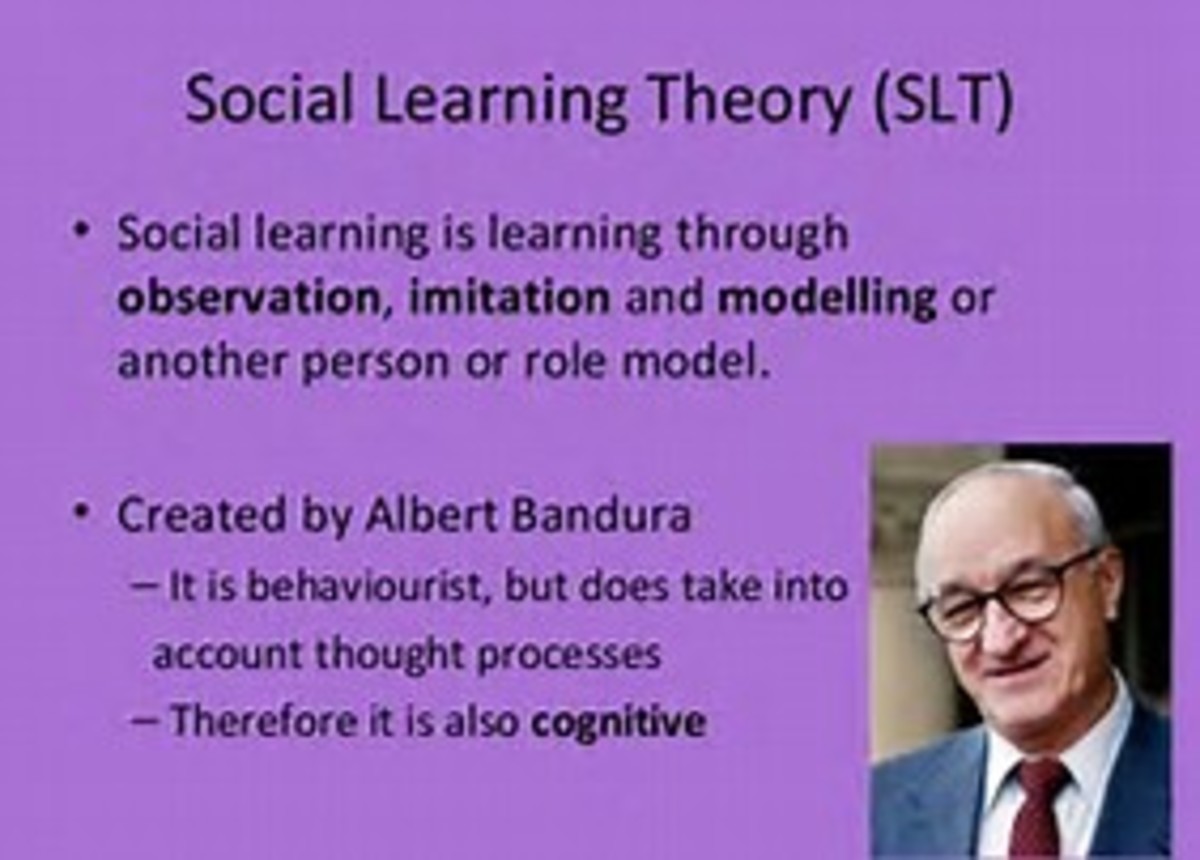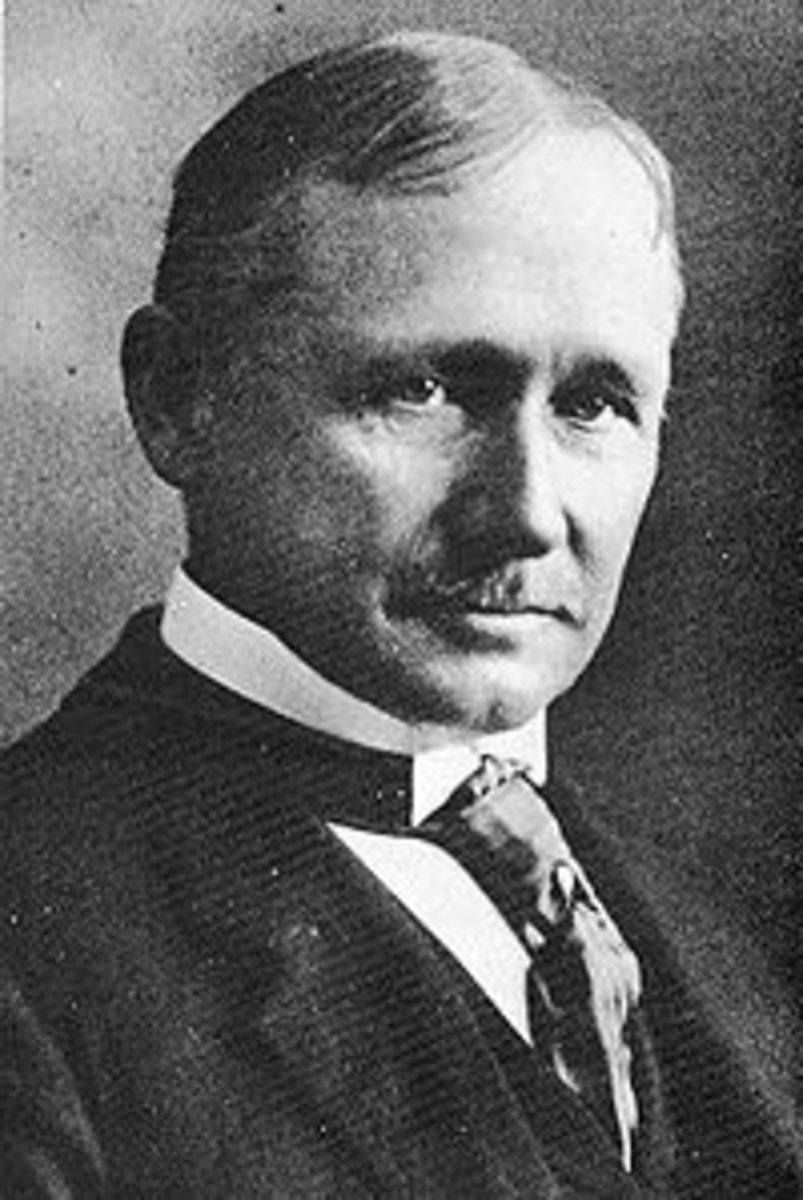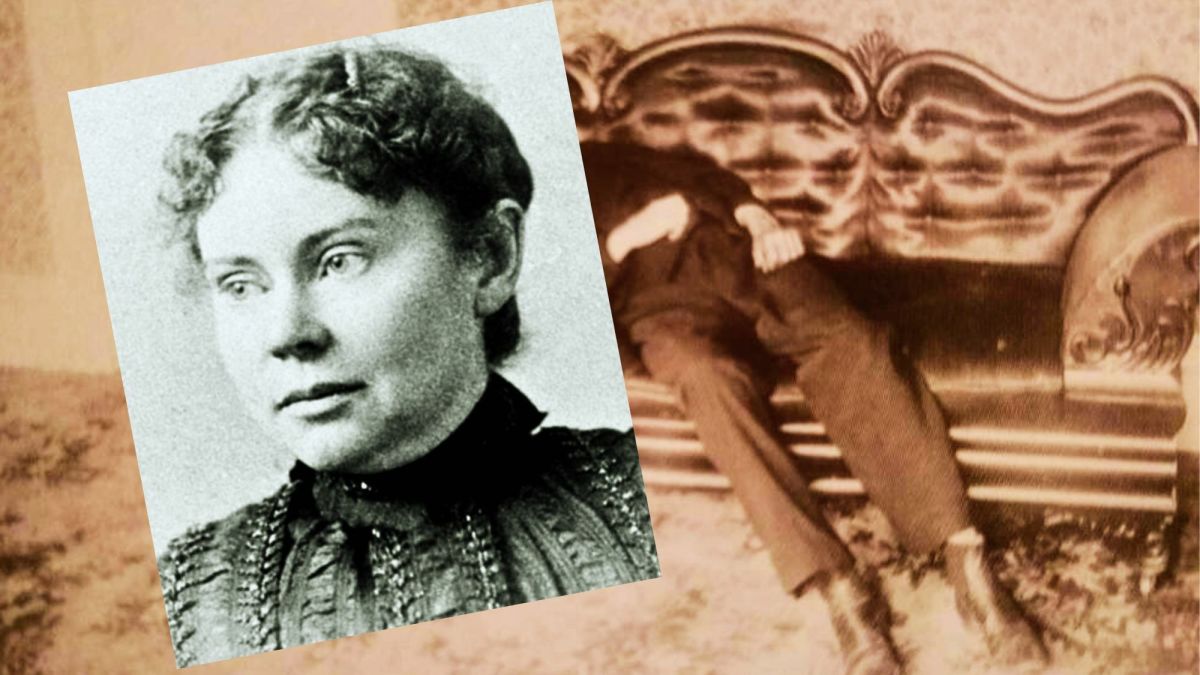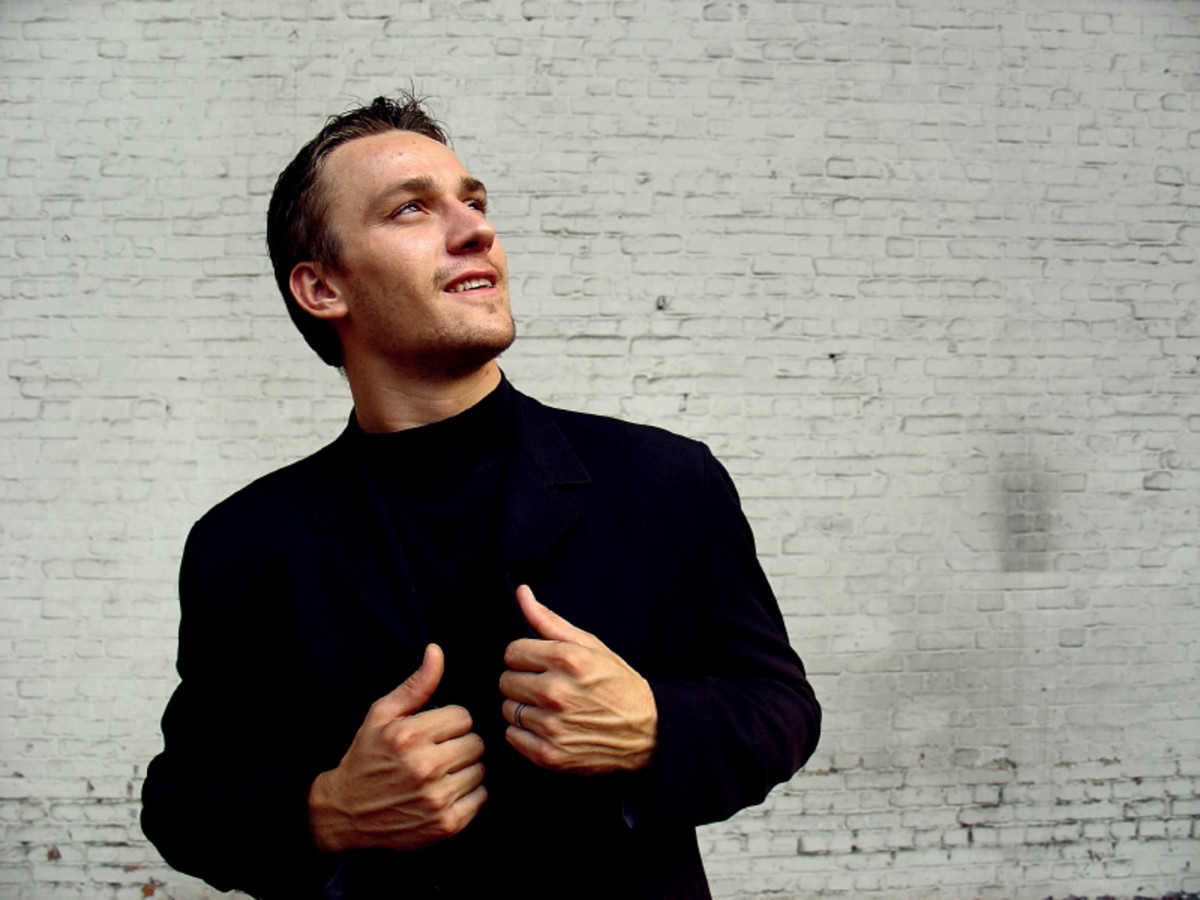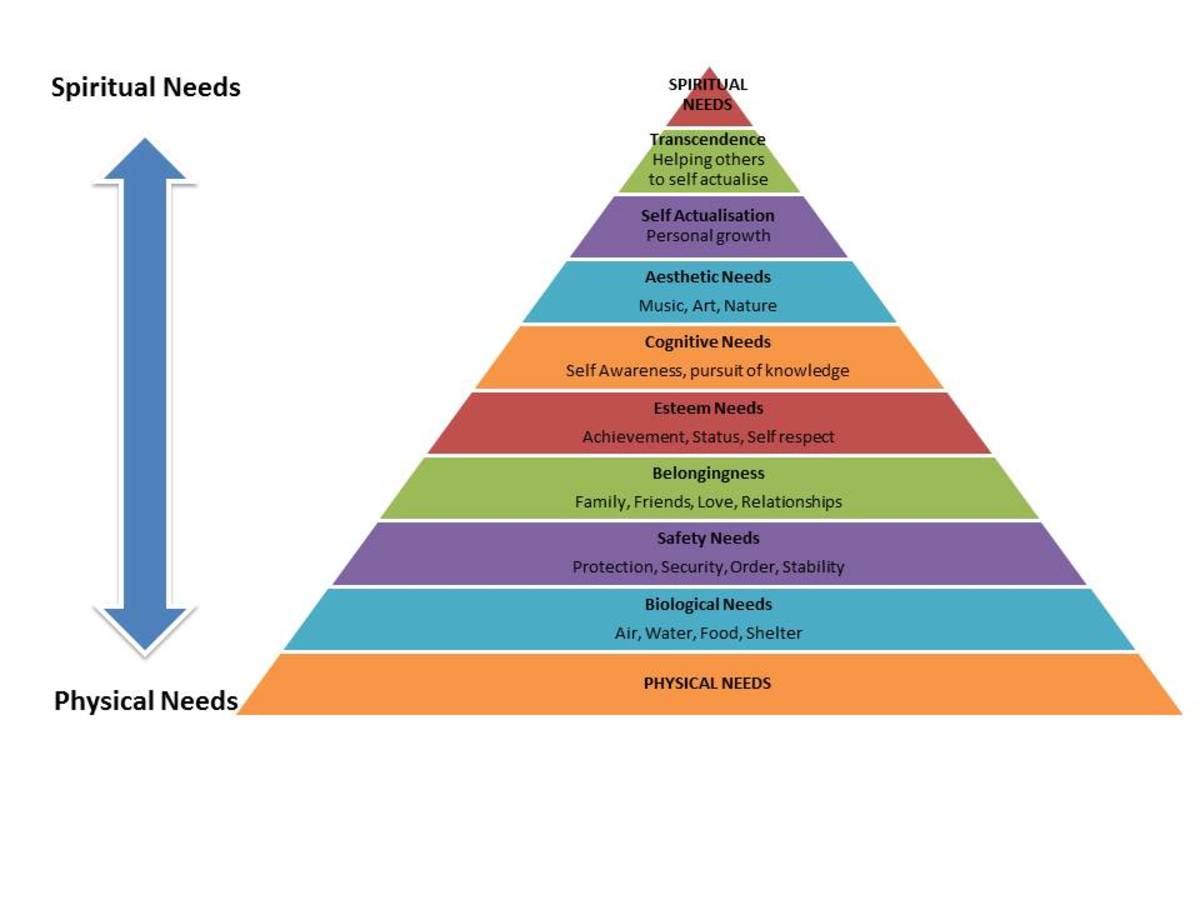6 Popular Theories of Motivation for Life
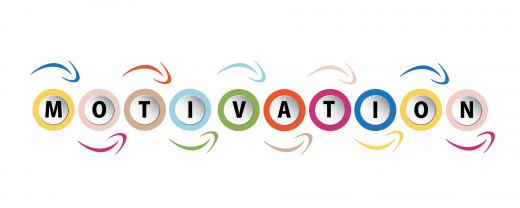
There is a lot of information about theories of motivation all over the internet.
This is a very common and well-known subject.
Being a life coach, it is a subject very dear to my heart.
These theories out there can be very confusing.
I want to address that issue in this article.
I have mentioned 6 different theories about motivation here.
Researchers have put forth many theories about motivation.
Each theory has its strengths as well as weaknesses.
But if we take a look at several of them, we will get a better and wholesome perspective.
Motivation is the unseen force that guides and empowers people to move forward towards their goals.
It is what causes us to make decisions and take actions big or small.
There are forces that drive motivation- biological, emotional, social, or cognitive.
1. Instinctive Theory of Motivation
According to this theory, people derive motivation from the way they have been programmed evolutionarily.
Seasonal migration in the bird and animal kingdoms is the best example of this.
These animals and birds move thousands of miles in exactly the same pattern year after year.
No one has taught them to do this. It's programmed in them on the DNA level.
Studies have been done on human behavior and instincts like fear, shame, anger, and love have been classified as instinctive.
This study does not explain the behavior of motivation so it was put aside.
2. Incentive Theory of Motivation
According to this theory, people seek external rewards and that is what motivates them to do certain things.
For example, people go to work because they are expecting their salary at the end of the week or month.
In this theory of motivation, concepts like reinforcement and association play a big role.
Reinforcement strengthens a behavior whereas penalty will weaken it.
This theory proposes that people intentionally pursue certain paths of action to gain rewards.
The greater the reward, the greater the motivation.
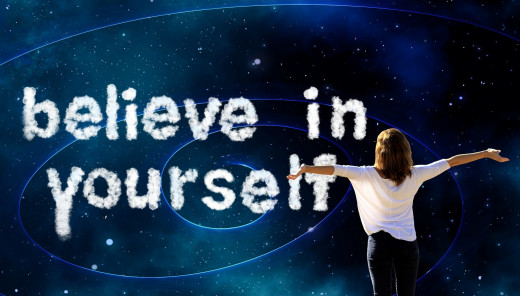
3. Drive Theory of Motivation
According to this theory, people are motivated by the need to minimize internal stress or tension caused by unmet needs.
For example, people take the action of drinking water in order to meet their thirst.
They eat food in order to satisfy their hunger pangs.
This theory has to do with actions driven by biological needs like hunger and thirst.
But not all behavior is driven by biology.
People keep on eating even if they are not hungry.
4. Arousal theory of motivation
As per this theory, people take actions based on their arousal or alertness levels.
This is not about sexual arousal though.
Arousal here means the level of alertness or energy release.
When the alertness level is high the person may go for a walk or watch an exciting movie.
During times of low alertness, he may read a book or meditate.
According to this theory, our motivation comes from the desire to maintain a comfortable level of arousal/alertness.
5. Humanistic Theory of Motivation
This theory suggests that people have cognitive reasons to be motivated.
This is based on Abraham Maslow's Hierarchy of Needs, which states different human needs at different levels.
Humans first try to meet their basic needs like food, clothing, and shelter.
After they fulfill those needs, they will aim for self-actualization needs.
The ultimate motivator is to fulfill his own potential.

6. Expectancy Theory of Motivation
According to this theory, when humans think about the future, they have different expectations or hopes.
When we expect to have a bright and wonderful future, we tend to believe strongly that it can become a reality.
This motivates people to work towards those outcomes.
According to this theory, there are three major elements involved:
Valuation, expectancy, and instrumentality.
Valuation
Valuation suggests that when people think that their actions will produce great personal benefits for them, they will be motivated to do it.
If they feel that their actions won't produce personal benefits, they will stay away from those actions.
Expectancy
Expectancy simply means that people have the capacity to achieve the desired outcome.
If they feel like they don’t have the abilities or skills to accomplish a thing, they will not be motivated to do it.
Instrumentality
Instrumentality means the people believe that they have a role to play in the expected outcome.
If the event seems outside of the individual's control, they will feel less motivated to pursue that line of action.
If the individual plays a major role in the success of the action, however, people will feel more instrumental in the process.
No single theory can explain the reason for motivation.
However, when we combine all these theories, we get a clear idea as to where our motivation may be coming from.
I hope that this article has thrown some light on the subject of motivation and where it comes from.
Motivation Source
Is motivation internal or external?
This content is accurate and true to the best of the author’s knowledge and is not meant to substitute for formal and individualized advice from a qualified professional.
© 2020 Nitin Khaire


